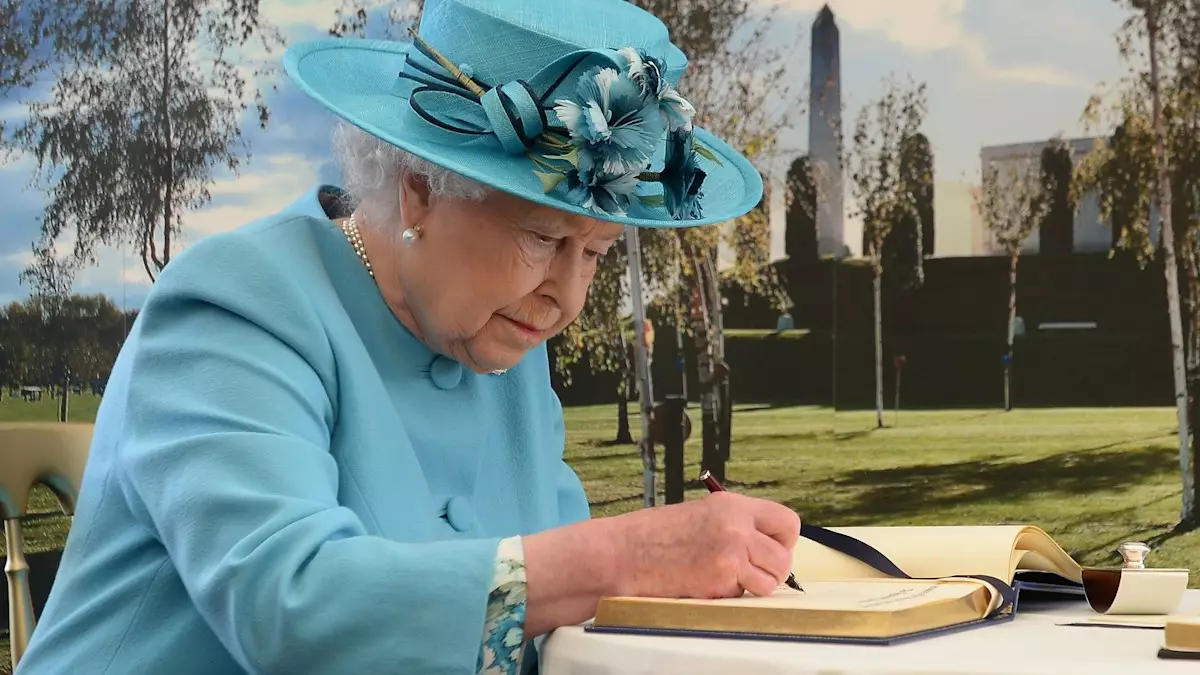The personal diaries of Queen Elizabeth II, deeply entwined with her extensive reign, are set to undergo a thorough review in the coming years. This forthcoming examination promises to shed more light on the life of one of the most enduring monarchs in British history. Robert Hardman, a respected royal biographer, recently discussed this topic in detail on HELLO!’s A Right Royal Podcast. His insights suggest a structured approach to documenting Her late Majesty’s life, while also acknowledging the challenges involved in accessing these intimate records.
Hardman indicated that the public might never gain access to the Queen’s diaries, as transparency regarding royal documentation remains limited. However, he forecasted that King Charles III is likely to appoint an official biographer, a tradition that has historical precedent within the royal family. Past monarchs have utilized this practice to commemorate their predecessors, offering a curated narrative of their lives that resonates with the public and historians alike. Hardman pointed out that the previous instance of such a biography was initiated in the early 1950s, following the passing of King George VI, which emphasizes the continued relevance of this practice today.
The discussion also veered into the meticulous planning that accompanies high-profile royal funerals, which often involve coordination among numerous agencies and services. Hardman elaborated on the codename system established for these elaborate events, illustrating how Prince Charles’s funeral, for instance, is designated as Operation Menai Bridge, while the late Queen’s funeral was known as Operation London Bridge. Such operational labels are not only practical; they reflect a deep-rooted tradition of preparation and respect for royal protocols, ensuring that each event is executed seamlessly and honorably.
The potential biography of Queen Elizabeth II, as envisioned by King Charles, will not simply be a recounting of events but a portrayal of her values, challenges, and the historical context of her reign. This narrative will be vital for future generations striving to understand the complexities of monarchy in a changing world. Furthermore, the comparisons drawn between the operational plans of past monarchs underscore a continuity of tradition amidst evolving societal norms. The codenames assigned to royal funerals serve as a poignant reminder of the personal nature of these events, encapsulating the legacy of a lifetime spent in public service.
As the royal family moves forward, the handling of Queen Elizabeth II’s diaries and the resultant biography will play a crucial role in shaping public perception of her legacy. The strategic appointment of an official biographer, combined with the structured approach to royal funeral planning, highlights the monarchy’s commitment to honoring its history while navigating modernity. The world awaits the unveiling of these narratives, poised to reflect on a life that has witnessed remarkable change and continuity, charting the future of the British monarchy in the 21st century.

